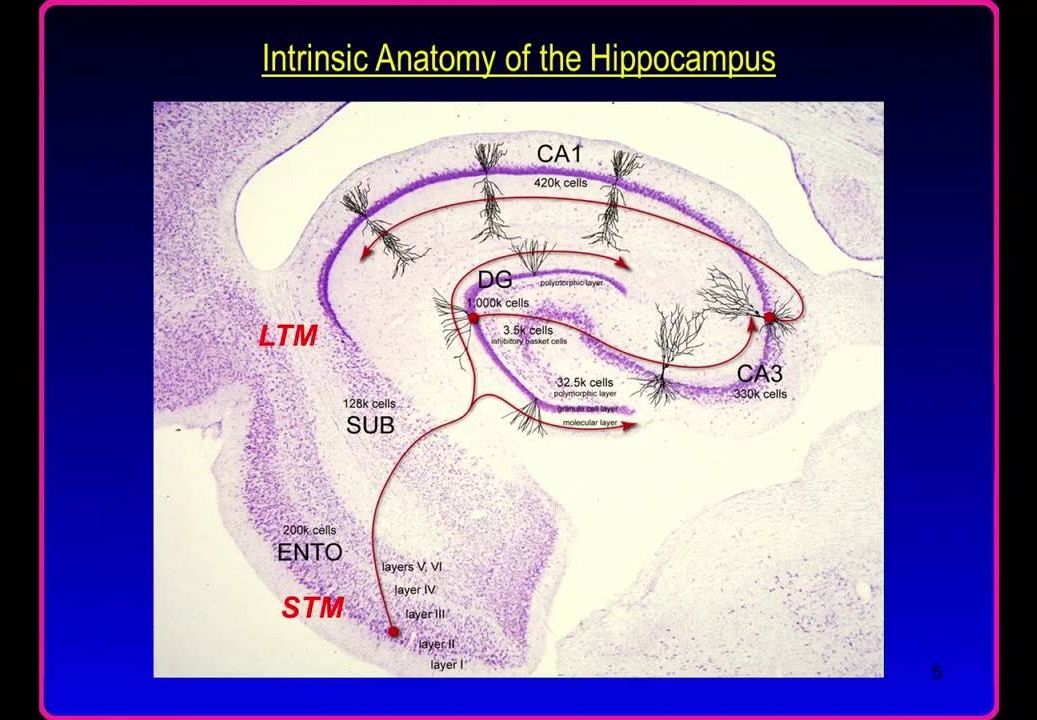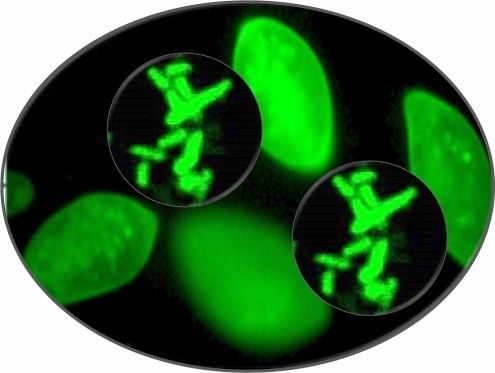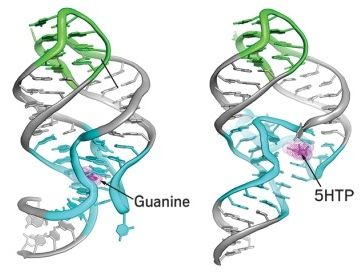Archive for the ‘biological’ category: Page 200
Feb 5, 2017
Can Space Travel Reverse Ageing? The Curious Case Of Astronaut Scott Kelly
Posted by Karen Hurst in categories: biological, life extension, quantum physics, space travel
I have been slowly trying to evolve everyone’s thinking and knosledge about what Quantum is and its significant impact it is bringing to all industries as it relates to technology and health/ bio sciences.
My interest in Quantum Biology began when I was 12 years old although Quantum Bio then wasn’t even considered a reality. I had to at my age out of necessity as in my own father’s family had a Neuro and electrode defect impacting their hearts and muscle movements. So, being by nature, a person who dives deep into an interest I study thoroughly the neuro sensory pathways, the heart, the entire sensory pathways where the body continuously sends electro charges.
After many decades of my own research and studying on the side, I knew how much the impact quantum brings to the biological environment.
Continue reading “Can Space Travel Reverse Ageing? The Curious Case Of Astronaut Scott Kelly” »
Feb 1, 2017
Scientists Illuminate the Neurons of Social Attraction
Posted by Karen Hurst in categories: biological, genetics, neuroscience, sex
The ancient impulse to procreate is necessary for survival and must be hardwired into our brains. Now scientists from the University of North Carolina School of Medicine have discovered an important clue about the neurons involved in that wiring.
Using advanced deep brain imaging techniques and optogenetics, the UNC scientists found that a small cluster of sex-hormone-sensitive neurons in the mouse hypothalamus are specialized for inducing mice to “notice” the opposite sex and trigger attraction.
This study, led by Garret D. Stuber, PhD, associate professor of psychiatry and cell biology & physiology, and Jenna A. McHenry, PhD, a postdoctoral research associate in Stuber’s lab, identified a hormone-sensitive circuit in the brain that controls social motivation in female mice.
Continue reading “Scientists Illuminate the Neurons of Social Attraction” »
Jan 29, 2017
Quantum physics is invading biology
Posted by Karen Hurst in categories: biological, quantum physics
Love this write up; any time we can show or highlight the convergence between tech & science with bio it truly is a beautiful marriage.
The time has come to apply the ideas of quantum mechanics to biological mysteries.
By Henry Grub
Jan 21, 2017
Exploring the environmental impact of quantum dots
Posted by Karen Hurst in categories: biological, food, nanotechnology, quantum physics
The speed with which microbes in a simplified ecosystem absorb the nanomaterials is raising concerns about the effect on organisms higher in the food chain.
Jan 20, 2017
The UN Okays Synthetic Biology
Posted by Karen Hurst in categories: bioengineering, biological, ethics, existential risks, genetics
That’s a relief.
Of all the potentially apocalyptic technologies scientists have come up with in recent years, the gene drive is easily one of the most terrifying. A gene drive is a tool that allows scientists to use genetic engineering to override natural selection during reproduction. In theory, scientists could use it to alter the genetic makeup of an entire species—or even wipe that species out. It’s not hard to imagine how a slip-up in the lab could lead to things going very, very wrong.
But like most great risks, the gene drive also offers incredible reward. Scientists are, for example, exploring how gene drive might be used to wipe out malaria and kill off Hawaii’s invasive species to save endangered native birds. Its perils may be horrifying, but its promise is limitless. And environmental groups have been campaigning hard to prevent that promise from ever being realized.
Jan 20, 2017
A New Device Could Make Memory Implants a Reality
Posted by Klaus Baldauf in categories: biological, health, mathematics, neuroscience

In Brief
- By mimicking the way neurons fire in the hippocampus during natural memory creation, a brain implant was used to successfully plant memories in the brains of rats.
- Though human implementation is far off, this breakthrough in cracking the hippocampus’ mathematical “memory code” has very important implications for health and research.
Memories are the faintest, most ethereal wisps of our neurophysiology — somehow, the firing of delicate synapses and the activation of neurons combine to produce the things we remember. The sum of our memories make us who we are; they are us, in every way, and without them we cease to be.
Continue reading “A New Device Could Make Memory Implants a Reality” »
Jan 20, 2017
Making aptamers with biology’s help
Posted by Karen Hurst in categories: biological, engineering, evolution
Scientists simulate evolution in the lab by introducing mutations iteratively into biomolecules such as nucleic acids and selecting for desired properties. When carrying this process out specifically on RNA molecules, they can evolve the RNAs to bind specific small molecules. But many of these so-called aptamers don’t bind well to their targets when put inside cells because they don’t fold into stable structures.
“As we solved the structures of naturally occurring aptamers, we noticed they had much more complex secondary and tertiary structures” than versions made in the lab, says Robert T. Batey of the University of Colorado, Boulder. “So we decided to use these naturally occurring RNA folds as starting points” for producing more stable artificial aptamers.
To prove their concept, Batey and coworkers used RNA sequences from naturally occurring ribozymes and riboswitches as scaffolds to evolve aptamers that bind amino acids and other small molecules used to make neurotransmitters (Nat. Chem. Biol. 2017, DOI: 10.1038/nchembio.2278). The resulting aptamers are selective for these precursor molecules over structurally similar amino acids and the neurotransmitters themselves.
Jan 19, 2017
ExxonMobil extends algae biofuels research using synthetic biology technologies
Posted by Karen Hurst in categories: bioengineering, biological, genetics, sustainability, transportation
After making significant progress in understanding algae genetics, growth characteristics and increasing oil production, Synthetic Genomics, Inc. and ExxonMobil said they would extended their joint research agreement into advanced algae biofuels.
The two companies have been researching and developing oil from algae for use as a renewable, lower-emission alternative to traditional transportation fuels since 2009. They are seeking to develop strains of algae that demonstrate significantly improved photosynthetic efficiency and oil production through selection and genetic engineering of higher-performance algae strains.
Jan 18, 2017
Biological Computing is Getting Closer to Reality
Posted by Karen Hurst in categories: biological, computing
My dream is coming true — Biocomputing with QC technology.
University of Maryland exploits redox molecules in E. coli to instruct the bacteria to swim or fluoresce based on electronic stimuli.















